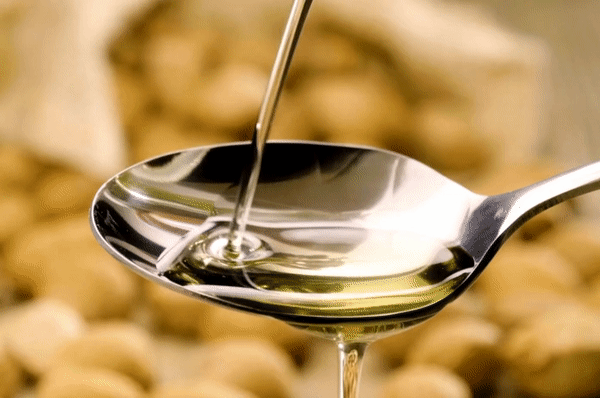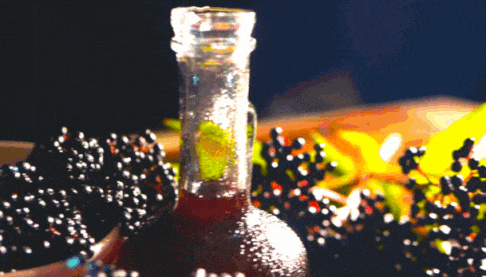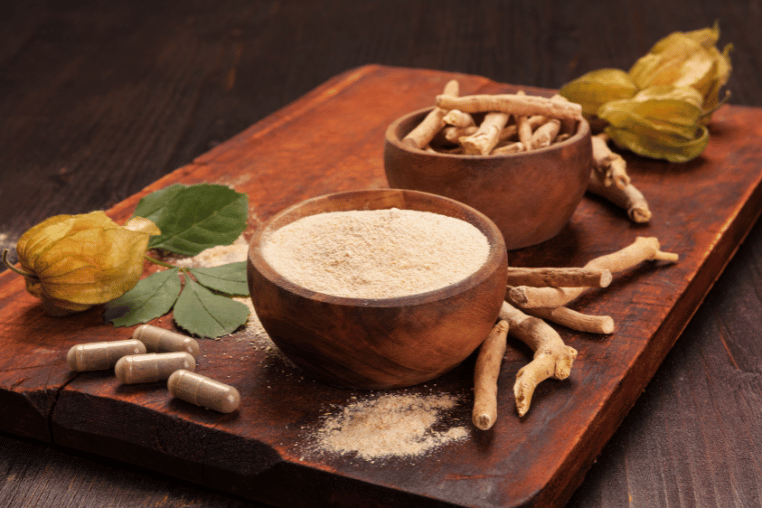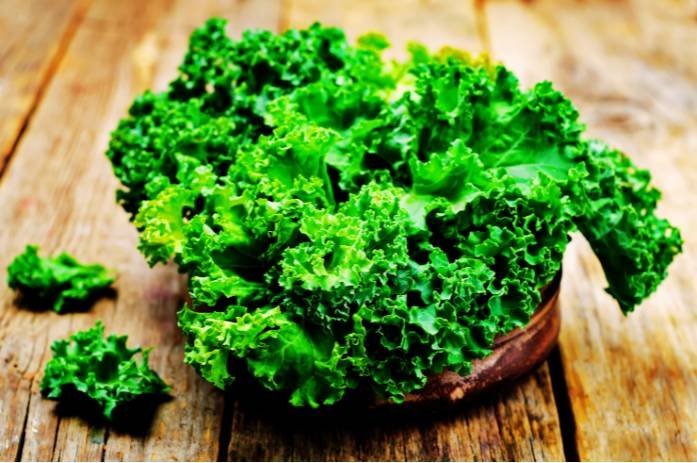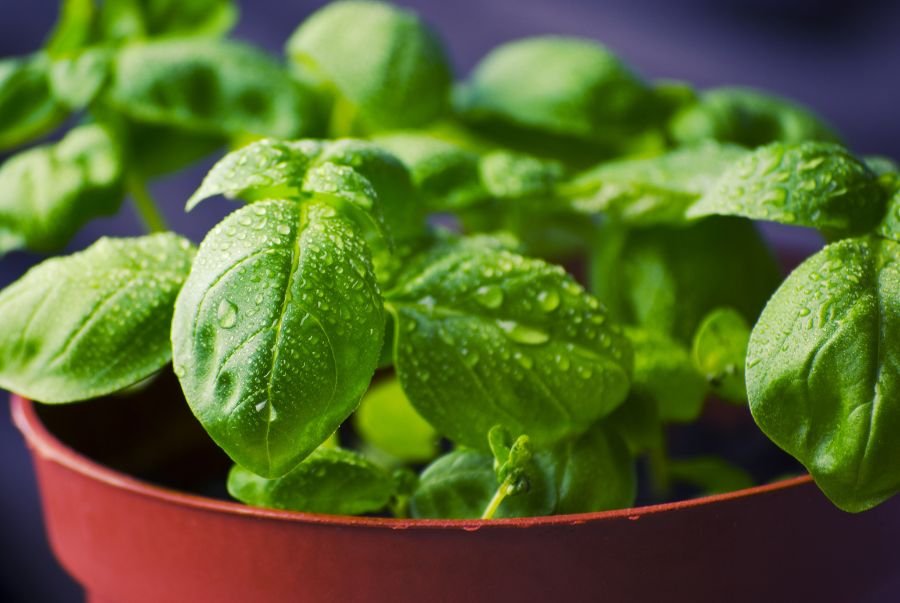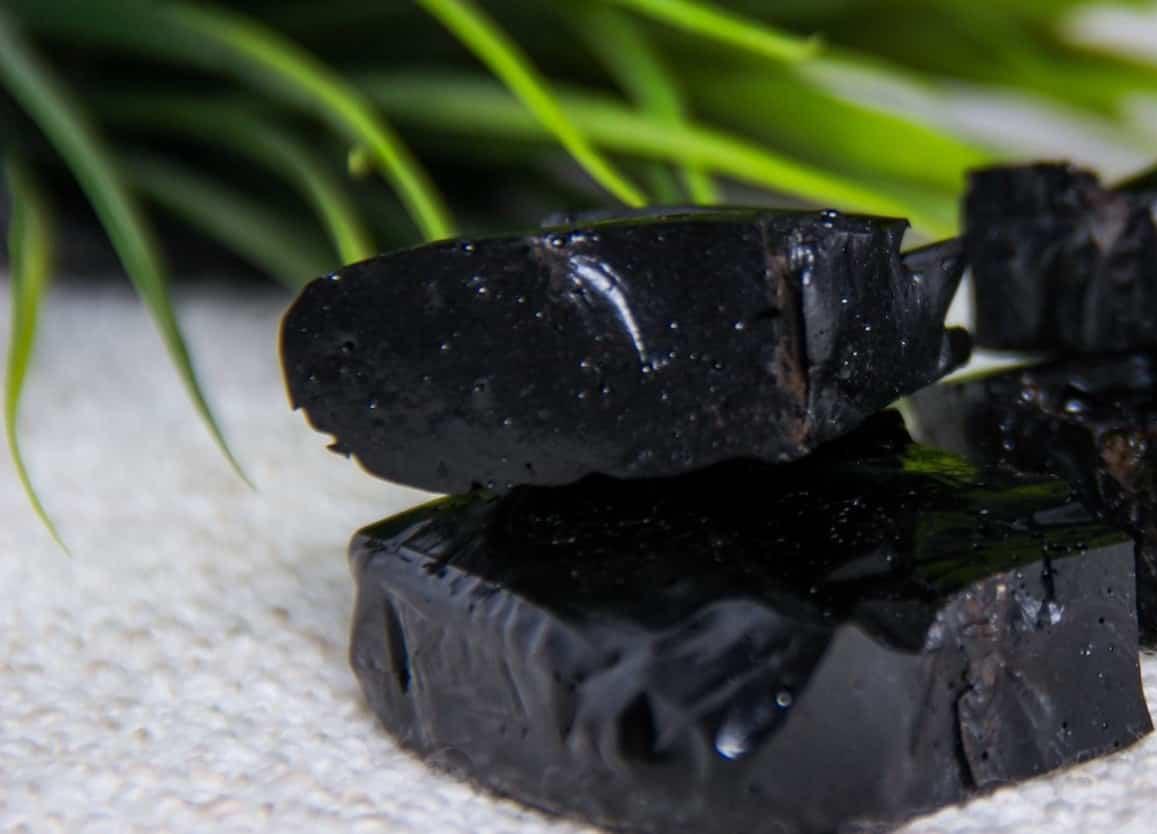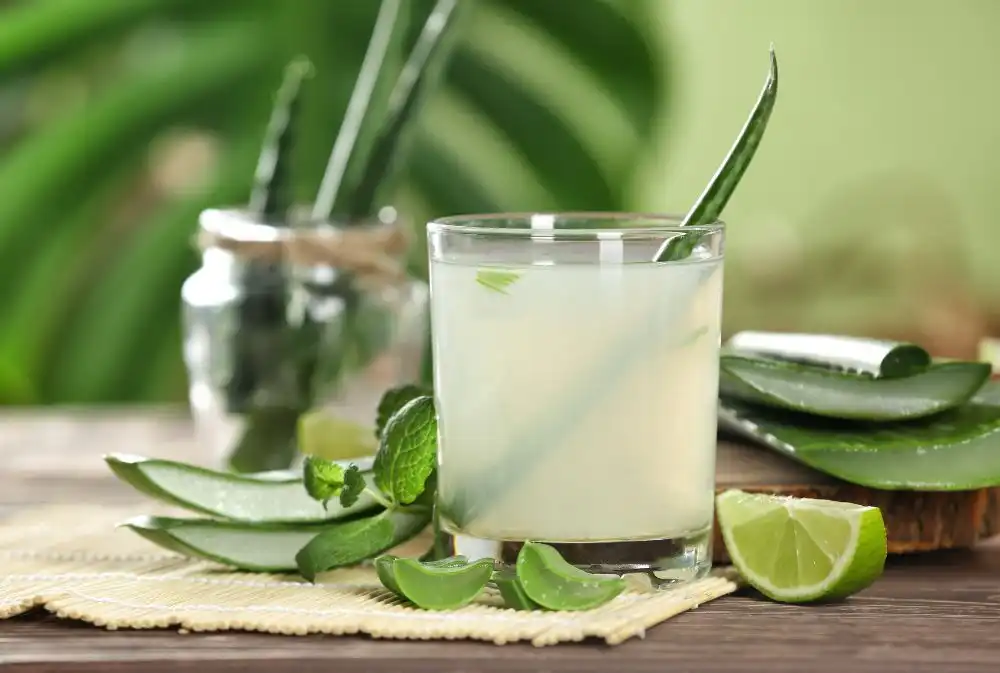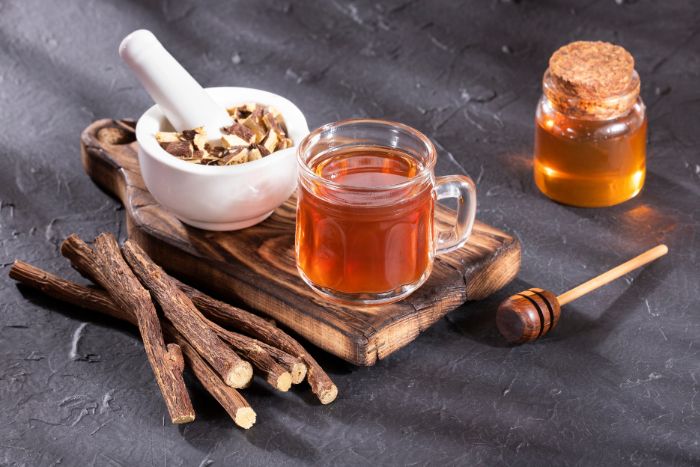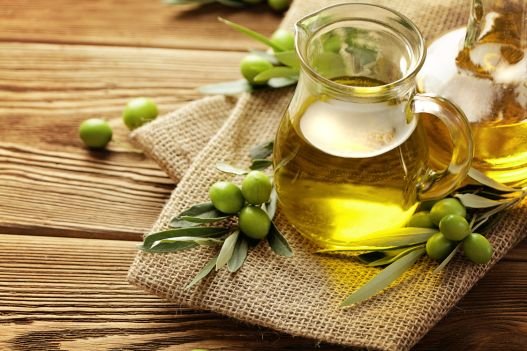
Professional Nutritionist
Introduction
Raspberries, with their vibrant color and delightful taste, are a beloved fruit enjoyed by many. Not only are they a delicious treat, but they also offer a range of health benefits. Let’s delve into the fascinating world of raspberries, exploring their history, nutritional value, culinary uses, and more. So grab a handful of these luscious berries and let’s explore the wonders of raspberries together.
The History of Raspberries
Raspberries have a rich history dating back thousands of years. They are believed to have originated in Eastern Asia, with records of their consumption by ancient civilizations such as the Greeks and Romans. Raspberries were highly prized and considered a luxury fruit. Over time, they spread to different parts of the world, and today, they are cultivated in various regions, including Europe, North America, and Asia.
Types of Raspberries
Raspberries come in different varieties, each with its unique characteristics. The two main types of raspberries are:
Summer-Bearing Raspberries:
These raspberries produce fruit once a year, usually during the summer months. They have a robust flavor and are commonly used in desserts, jams, and preserves.Everbearing Raspberries:
As the name suggests, everbearing raspberries produce fruit multiple times throughout the year. They have a milder flavor compared to summer-bearing raspberries and are often enjoyed fresh or used in salads and smoothies.
Within these two main types, there are numerous cultivars, each with its distinct taste, color, and size. Some popular varieties include Heritage, Caroline, Tulameen, and Golden Bliss.
Cultivation and Harvesting
Raspberries thrive in temperate climates and require well-drained soil and ample sunlight. They can be grown in both backyard gardens and commercial farms. The cultivation of raspberries involves several steps, including planting, pruning, and maintenance. Proper care is essential to ensure a bountiful harvest.
Harvesting raspberries is a delicate process. The berries should be picked when they are fully ripe, as they do not continue to ripen after harvesting. Gentle handling is crucial to avoid damaging the delicate fruits. Raspberries are highly perishable, so they should be consumed or preserved promptly after harvest.
Nutritional Benefits of Raspberries
Raspberries are not only a delectable treat but also a nutritional powerhouse. They are low in calories and packed with essential vitamins, minerals, and antioxidants. Here are some key nutrients found in raspberries:
- Vitamin C: Raspberries are an excellent source of vitamin C, which supports immune health, and collagen production, and acts as an antioxidant.
- Fiber: These berries are rich in dietary fiber, which aids digestion, promotes satiety, and helps maintain a healthy weight.
- Antioxidants: Raspberries are loaded with antioxidants like anthocyanins, ellagic acid, and quercetin, which protect against oxidative stress and inflammation.
- Vitamin K: They also provide vitamin K, important for blood clotting and bone health.
Health Benefits of Raspberries
The consumption of raspberries offers a wide range of health benefits. Let’s explore some of the ways these berries positively impact our well-being:
- Heart Health: The antioxidants in raspberries help reduce the risk of heart disease by combating oxidative stress and supporting healthy blood vessel function.
- Cognitive Function: The flavonoids found in raspberries have been linked to improved memory and cognitive function.
- Weight Management: The high fiber content of raspberries promotes feelings of fullness, which can aid in weight management and prevent overeating.
- Digestive Health: The fiber in raspberries supports a healthy digestive system by promoting regular bowel movements and preventing constipation.
Culinary Uses of Raspberries
Raspberries are incredibly versatile in the kitchen and can be used in various culinary creations. Here are some popular ways to enjoy raspberries:
- Fresh: Raspberries can be enjoyed as a healthy snack on their own or added to salads for a burst of freshness.
- Desserts: They are a classic ingredient in desserts like pies, tarts, cakes, and crumbles. Their vibrant color and tangy flavor add a delightful touch to sweet treats.
- Preserves and Jams: Raspberries make delicious spreads when transformed into preserves, jams, or jellies. They can be enjoyed on toast, scones, or paired with cheese.
- Smoothies: Raspberries are a popular addition to smoothies, providing a natural sweetness and vibrant color to the blend.
Raspberry Recipes to Try
- Raspberry Lemon Tart: This tangy and refreshing dessert combines the flavors of raspberries and zesty lemon in a buttery crust.
- Raspberry Chia Seed Pudding: A nutritious and delicious breakfast or snack option, this pudding is made by combining raspberries, chia seeds, and almond milk.
- Raspberry Spinach Salad: This vibrant salad features a combination of fresh raspberries, baby spinach, goat cheese, and candied pecans, drizzled with a raspberry vinaigrette.
Raspberries in Beauty and Skincare
Beyond their culinary uses, raspberries are also utilized in beauty and skincare products. The antioxidants and vitamins present in raspberries offer several benefits for the skin:
- Antioxidant Protection: Raspberry extracts are used in skincare formulations to provide antioxidant protection, reducing the signs of aging caused by free radicals.
- Skin Brightening: The natural acids found in raspberries help exfoliate the skin gently, promoting a brighter complexion.
- Nourishment and Hydration: Raspberry seed oil is used in moisturizers and lip balms due to its high vitamin E and omega fatty acid content, providing nourishment and hydration to the skin.
Raspberry Farming and Sustainability
Raspberry farming plays a crucial role in meeting the demand for these delectable berries. Sustainable farming practices are essential to ensure the long-term viability of raspberry cultivation. Some sustainable practices include:
- Integrated Pest Management: Employing environmentally friendly pest control methods to minimize the use of chemical pesticides.
- Crop Rotation: Rotating raspberry crops with other plants to improve soil health and prevent the buildup of pests and diseases.
- Water Conservation: Implementing efficient irrigation systems and water management practices to minimize water usage and reduce the environmental impact of raspberry farming.
- Pollinator Protection: Creating habitats and implementing measures to protect pollinators, such as bees, which play a vital role in raspberry production.
Sustainable raspberry farming practices not only preserve the environment but also ensure the availability of high-quality raspberries for future generations to enjoy.
FAQs (Frequently Asked Questions)
Yes, raspberries are an excellent addition to a weight loss diet due to their high fiber content and low-calorie count.
The antioxidants present in raspberries play a crucial role in safeguarding the skin against oxidative damage, promoting and maintaining a radiant and healthy complexion.
Raspberries are delicate and perishable. Store them in the refrigerator and consume them within a few days for the best flavor and quality.
Raspberries are relatively low in sugar and can be enjoyed in moderation as part of a balanced diabetic diet. However, seek a healthcare professional for personalized advice.
Yes, raspberries can be frozen for extended storage.
Yes, raspberries are rich in antioxidants that promote heart health by reducing inflammation and protecting against oxidative stress.
You can enjoy raspberries fresh, add them to smoothies, salads, and yogurt, or use them in baking and desserts.
Yes, raspberries can be grown in home gardens. Choose the appropriate variety for your climate and provide them with proper care for a successful harvest.
Conclusion
Raspberries are not only a delectable treat but also a nutritious addition to a well-balanced diet. From their rich history to their culinary versatility and health benefits, raspberries have earned their place as a beloved fruit. Whether enjoyed fresh, incorporated into desserts, or utilized in skincare, raspberries offer a burst of flavor and a range of advantages. So indulge in the vibrant and tangy goodness of raspberries, and let these delightful berries brighten up your day.





